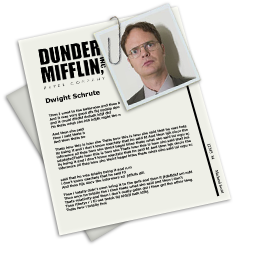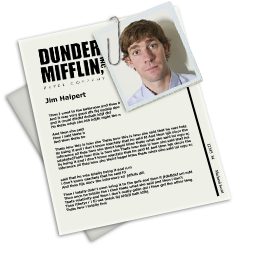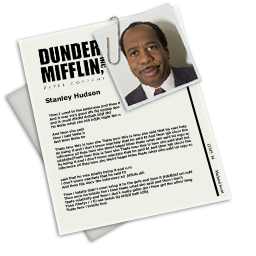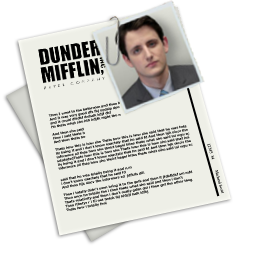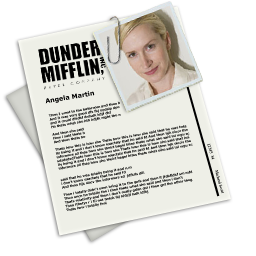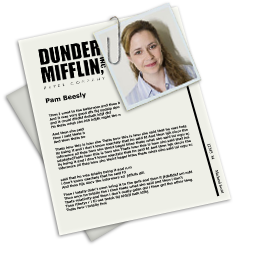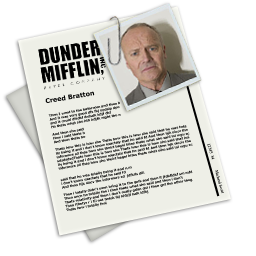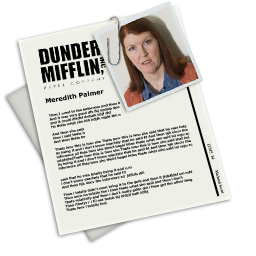The Economics of The Office
Learning economics from the world's best boss
Landlord Dwight
When Dwight becomes the office's landlord he sets up a coffee shop in the foyer and installs motion sensors on the lights. Dwight is able to charge high prices in the coffee shop because its location gives him monopoly power. His efforts to cut costs are an example of incentives at work.
Microeconomic Behavior: Underlying Principles (D01) Production and Cost (D24) Monopoly (D42)
Commission Skit
Michael and Dwight dress up in costume and act out a skit to try to convince the office to reject a corporate policy change in commissions. Michael inadvertently makes the case that the new policy can only make them better off. This is an example of evaluating decisions at the margin.
Season 7 Episode 6 "Costume Contest"
Search Committee Part 1
The office puts together a search committee to hire a new boss. One candidate (played by Warren Buffet), negotiates for a higher wage and then asks about job perks. A good example of bargaining and the principal-agent problem that arises in the workplace.
Season 7 Episode 24 "Search Committee"
Search Committee Part 2
Jo Bennett comes to Scranton and Kelly takes the opportunity to report Gabe's disturbing behavior. Meanwhile, Dwight vies for the job of office manager. The key to this clip is Dwight's lack of knowledge that each text he sends is imposing an additional cost on Jo.
Season 7 Episode 24 "Search Committee"
Microeconomic Behavior: Underlying Principles (D01) Job Vacancies (J63)
Commission Cap Part 1
Jim loses his incentive to work when corporate institutes a cap on commissions.
Season 7 Episode 9 "WUPHF.com"
Microeconomic Behavior: Underlying Principles (D01) Compensation Packages (J33) Wage Level and Structure (J31)
Commission Cap Part 2
After Jim loses his incentive to sell, he looks for other ways to fill his time. A good example of incentives.
Season 7 Episode 9 "WUPHF.com"
Microeconomic Behavior: Underlying Principles (D01) Wage Level and Structure (J31) Compensation Packages (J33)
Commission Cap Part 3
After Jim loses his incentive to sell, he starts bothering his colleagues looking for ways to kill time.
Season 7 Episode 9 "WUPHF.com"
Microeconomic Behavior: Underlying Principles (D01) Wage Level and Structure (J31) Compensation Packages (J33)
Commission Cap Part 4
After Jim loses his incentive to sell, he pranks Gabe.
Season 7 Episode 9 "WUPHF.com"
Microeconomic Behavior: Underlying Principles (D01) Wage Level and Structure (J31) Compensation Packages (J33)
Garage Sale
The office holds a garage sale to get rid of things they no longer need. Meanwhile, Dwight starts with a thumbtack and trades his way up to a telescope. However, he soon parts with the telescope when Jim offers him something of seemingly even more value. This is a great example of how consumer preferences differ and how trade can make two parties better off. It also illustrates how effective marketing can shift an individual's demand curve to the right.
Season 7 Episode 19 "Garage Sale"
Microeconomic Behavior: Underlying Principles (D01) Trade (F10)
